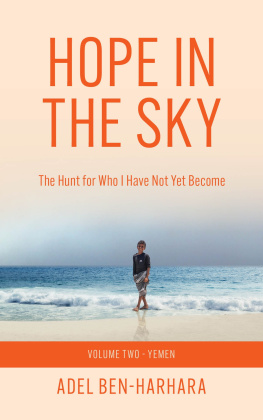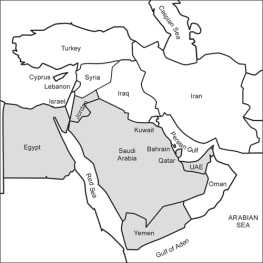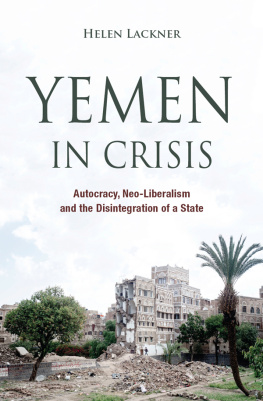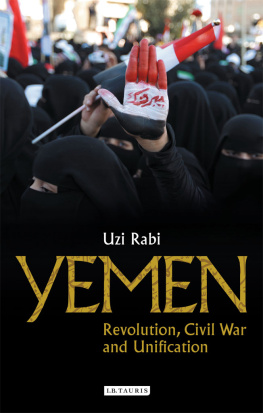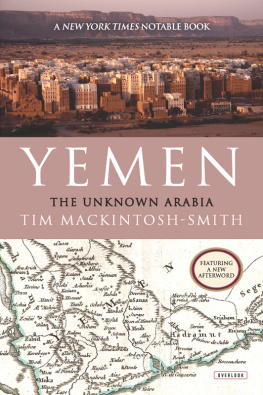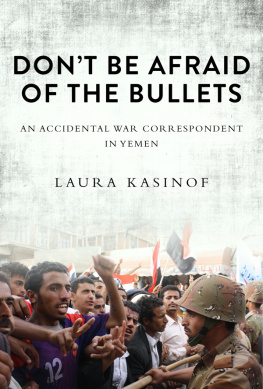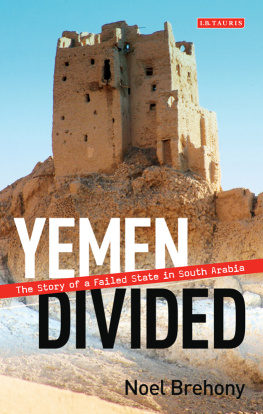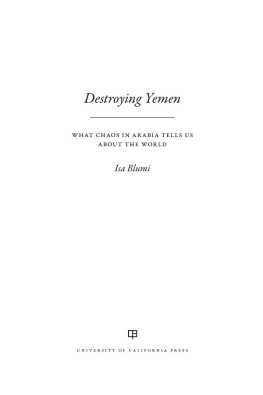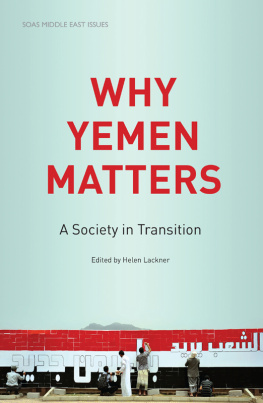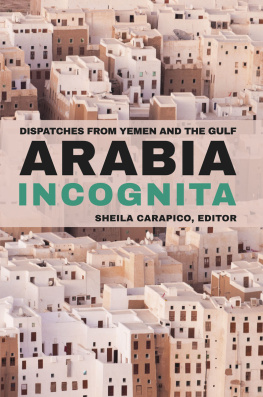Hope in the Sky
The Hunt for Who I Have Not Yet Become
A MEMOIR
__________
Adel Ben-Harhara
with
Lorna Stuber
__________
Volume Two Yemen
Copyright 2022 by Adels Books Inc.
All rights reserved. No part of this book may be reproduced or transmitted in any form or by any means without written permission from the author.
Scripture quotations are from the ESV Bible (The Holy Bible, English Standard Version) , Copyright 2001 by Crossway, a publishing ministry of Good News Publishers. Used by permission. All rights reserved.
Quranic quotations are from The Quran: A New Translation by M. A. S. Abdel Haleem, Copyright 2005 by Oxford University Press. Used by permission. All rights reserved.
Cover design: Jana Rade
ISBN Print: 978-1-7776000-3-7
ISBN E-book: 978-1-7776000-2-0
ISBN Audiobook: 978-1-7780233-9-2
Disclaimer
Although I have made every effort to ensure that the information in this book was correct at the time of publication, I do not assume and hereby disclaim any liability to any party for any loss, damage, or disruption caused by errors or omissions, whether such errors or omissions result from negligence, accident, or any other cause.
I have tried to recreate events, locales, and conversations from my memories. To protect privacy, in some instances I have changed the names of individuals and places and some identifying characteristics and details such as dates, physical properties, occupations, and places of residence.
This book is not to be used as a religious, historical, geographical, or political reference text. The information, opinions, and details about religion, history, politics, and geography presented in this book are included for the purpose of enhancing my story only, not to teach.
The terms South Arabian, Arabian Peninsula, Arabs, Arabians, and Arabic are strictly referring to Yemenis and the country of Yemen only.
The term Yemen refers to the country after the unification of North and South Yemen in 1990.
Dedication
To my daughters, Lina and Summer , for giving me a reason to live.
To the six mothers who raised me: Weinishet, Rukia, Emebet, Maryam, Zainab , and Fatuma . And the American mother who adopted me, Norma .
To the men who assisted me during my time in Yemen: Bawazier, Al-Maqaleh, Al-Arasi, M. Hansen, R. Maddy, Al-Razahi , J. Ziegler , J. Rees , and O. Bernard .
Foreword
D
uring 1992, my UK-based company was closing their Houston, Texas office. As the home office in Reading, UK, was preparing to do some work in Yemen, I was offered one of the openings.
Yemen? To be honest, Id heard of it, but thats it. Where was it?
Considering my impending divorce and the likelihood of needing financial healing afterward, the decision was easy. Off to Yemen I went.
The landscape reminded me of an Arizona desert. Or the moon. Barren and dusty. The people were cheerful and friendly, but it was like slipping back in time in some ways. Sometimes I would see men herding their goats through the city streets.
The company had already sent a few expats into Sanaa, the capital city of North Yemen. Most jobs had been filled by a few Brits and a couple of Americans, but primarily by English-speaking Yemenis.
My accommodations were more than adequate: a two-bedroom apartment in a large complex of buildings that also provided housing for a number of employees of yet another large oil company, this one headquartered in the US. All appliances and furniture had been imported from the US, including a TV, which had a satellite connection with several channels, many of which were English. In a way, it was almost like being at home.
Relatively speaking, our office was fairly small, so everyone knew each other. All of my coworkers were friendly, but I was particularly impressed with Adel. He and I bonded for a few good reasons. He was single, so was I. As he had received a lot of advanced education in the US, his English was damn near as good as mine!
To me, Adel was several things: my sort of personal translator, but much more, including my sometimes tour guide. Many days after work, Adel would come to my apartment, where wed watch US (English-speaking) TV and talk about our families. I had three older boys and a soon-to-be former wife. Adel was quite electronics smart, which meant he also fixed the things I occasionally screwed up on my TV and/or computer.
Honestly, I felt he was too smarttoo talentedto be in his present job. I thought he could do so much better somewhere else. And we often talked about thathis moving abroad for better opportunities.
We talked about Yemeni society, too. Adel taught me about the tribal structure of Yemen, the corruption in Yemeni society, and cultural aspects that I didnt know much about. He explained why the country is always in the middle of some sort of conflictbecause of different tribes fighting with each other for centuries. And I was curious about the Yemeni peoples fascination with and use of qat, so I asked him all about that, too.
He wasnt just computer smart; he was knowledgeable and opinionated about the discrimination and corruption in Yemeni culture, too. I thought he should share his knowledge; I thought the Yemeni people could learn a lot from him! I encouraged him to write articles for the Yemen Times . And he did.
Sometimes Adel would accompany me on local sightseeing trips. Adventures. It was good to have him along, not only as an interpreter, but as a mediator. The Yemenis didnt particularly like Americans in general. Maybe dont trust is a better term. Adel would let people know that I was a nice guy, so I was allowed to take pictures, shake hands, talk to locals, etc.
On some of those trips, I also saw a lot of sad things. Poverty. Illiteracy. People living in basic conditions. The one that shook me the most was people doing electric welding using only sunglasses for shielding their eyes. Blindness was inevitable. I thought about buying many proper welding shields but was forewarned they would probably be sold to buy more essential items like food.
Yemen has so many nice things to enjoy such as beaches, unique landscape, culture history. Having said that, in the roughly eighteen months I was there, it was not advisable to travel outside of Sanaa. Thus, I heard about more than I was able to see.
In 1994, a civil war broke out in Yemen, and it became necessary for most of us expats to evacuate. After I left, I kept in touch with Adel and continued to encourage him to leave for the West. He had a tough time because of the war and because he didnt completely fit in with the lifestyle and culture. Life was unpredictable in Yemen at that time. Adel was destined for greater things than he could accomplish in Yemen. He needed to leave.
In time, things settled down a bit. Adel married and then they were expecting a child. With some difficulty, he and his wife managed to relocate to Canada. There he has experienced some good times and, sadly, some bad times too. But Im glad he left Yemen. I did what I could to support his move because I knew he could have a great life in Canadaa much better life than he would have had in Yemen if hed stayed. He is smart and hardworking, and he needed to leave. Yemen didnt have opportunities for him to continue his education or to work in jobs that matched his intellect.
And now, all these years later, hes written not just one but three books! This one, Volume Two, is similar in a way to the conversations we used to have and the letters and emails we exchanged after I left Yemen. It talks about the history of Yemen. It explains the reasons for the tribal conflicts that have gone on for centuries. It has some funny stories about his experiences there. And it gives insight into why he had to leave Yemen. In this book, he is honest and straightforward about the problems in Yemen that he and others faced.
Next page
